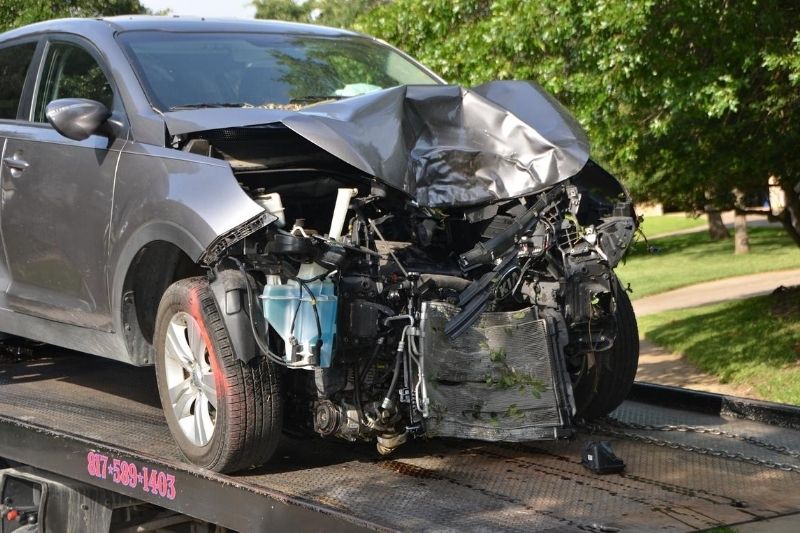No products in the cart.
How To Prove Negligence In A Car Crash

Suppose you are looking for damages after a car accident involving more than one vehicle. In that case, the first thing to know is that it falls under the category of negligence. You need to prove four things to sue the other driver and get compensation for the damages. These four things to prove are as follows:
- Duty of care
- Breach of the duty
- Causation and
- Damages
Suppose you are the party suing the other vehicle owner or driver. In that case, the damages can help you pay for the resultant medical fees. If you fail, you might be left with a significant financial expense that you have to meet yourself. (Image Credit: gdbaker/Pixabay)
Get Legal Help
However, proving the above mentioned aspects of your accident is not nearly as simple as you might perceive. Getting legal help is necessary, especially in places like Chattanooga, to prove the required four elements before a judge or jury. You can help such an expert car accident law firm in Chattanooga piece all the parts of your accident and the critical evidence you present. It would be best if you remembered that if you fail to prove even one of the four mentioned aspects of the accident, you might not get damages. The following steps should help you with that:
-
Demonstrate That the Defendant Owed You a Duty Of Care
The duty of care is the vehicle driver’s responsibility not to operate their vehicles in a manner that can potentially injure others. As you want to prove negligence on the other driver’s part, you need to show that they were doing things contrary to this duty. This proof would mean pointing out facts like with due evidence:
- Speeding
- Was too close to the vehicle
- Was engaged in sending text messages while driving or
- Doing anything, that violated traffic laws
It would be of immense help if the other driver cited for this violation will go a long way in supporting your negligence claims.
You should keep in mind that the keywords in the context of the duty of care are the “duty of reasonable care.” You and your attorney want to establish that the other driver involved did not follow it. You want to show that the other party went against legal practices. They did not conscientiously operate their vehicles while paying attention to not injuring others.
Proving the same is not as easy as it sounds, and it may, at times, be tricky. The police report filed after the accident plays a critical role in the eventual outcome of the case. It should be evident that the defendant will try to come up with records that help him defend himself.
Remember that it isn’t easy to have in mind the possibility of having to put up a legal defense in court always. Accordingly, in the initial moments of the accident, most people will reveal what happened. So, it is in your interest to scrutinize the police report for corroborations and deviations to your claims.
-
Demonstrate That the Defendant Did Not Uphold This Duty
When you can breach this duty of care through a traffic violation, you also demonstrate that the defendant did not uphold his duty of reasonable care and that it led to the accident. But you should pay heed to the word “reasonable” as it is an objective standard and refers to acting reasonably in a given situation.
-
Causation and Damages
The causation and damages aspects of your car negligence case call for a unified discussion. Here you prove that the accident occurred as the defendant’s fault and led to your injuries. The judicial system makes it necessary to determine your losses through records as a means of validating your case. So, you need to accumulate all medical records and bills related to your expenses caused by accidents. Such statements include any repairs or damages to your vehicle.
You want to prove that if it weren’t for the defendant acting in the way he did, you wouldn’t have to incur the injury and the resultant expenses. Additionally, you have to prove that the damage was foreseeable as well.
In your case, you have to paint a bland and predictable picture of an average person and demonstrate that the defendant veered far away from this picture. To effectively achieve this, you are going to need the help of legal experts and attorneys. They will help you channel your pieces of evidence into a portrayal that proves all the four parts.















1 Comment